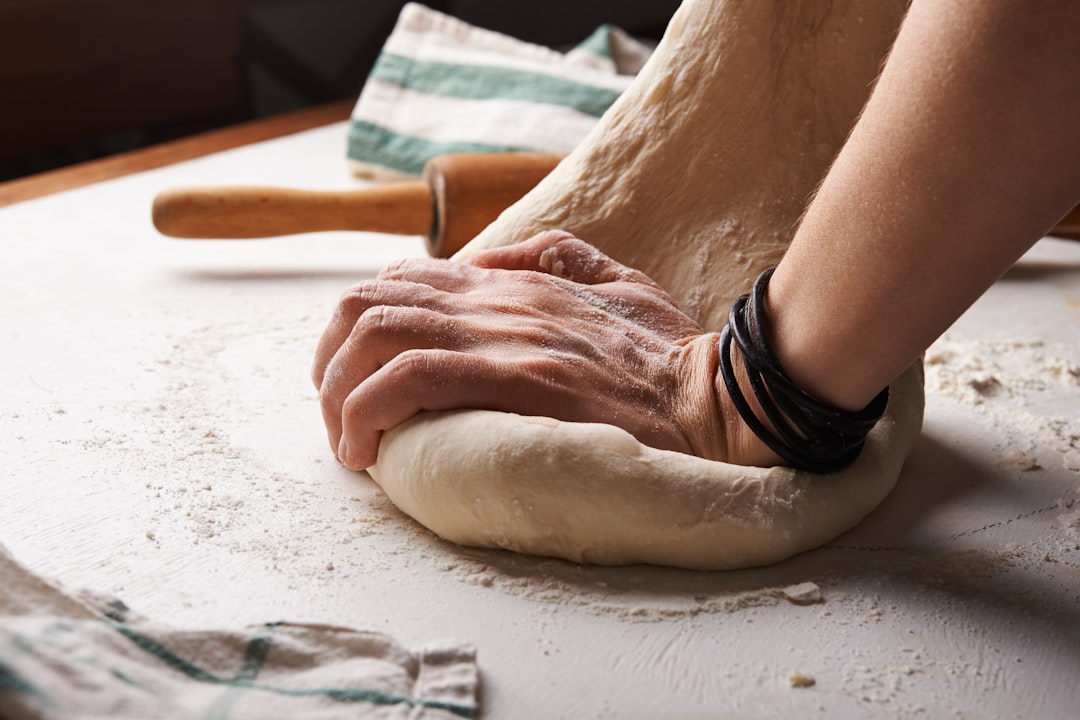Sensing the Spiritual
Eyes must be open to see light. Ears must be open to hear sound. Mouths must be open to taste flavor. Just so, the gospel opens the eyes of the blind to perceive the light of Christ (Acts 26:18). Or similarly at the end of Luke’s Gospel, Jesus’ traveling companions didn’t really see him until “their eyes were opened, and they recognized him” (Luke 24:31). “Openness is the essence of the senses.”1 Our openness to what we physically sense, both externally and internally, is an ability that can be exercised and strengthened. Today I want to suggest that strengthening openness in our physical senses can increase openness to our spiritual senses.
This has been my own experience. I typically begin my morning with a 5-10 minute mindful awareness practice. By mindfulness I mean sustained attention to physical and internal senses, without evaluation or assessment, which over time and with regular practice increases openness. When I get to Scripture reading and prayer after doing this, I find that I am much more open and aware to seeing, hearing, tasting, feeling, and yes, smelling, what God is saying in Scripture. Have you ever meditated on the aroma of fresh dough and how that is like the kingdom of God?
“And again he said, ‘To what shall I compare the kingdom of God? It is like leaven that a woman took and hid in three measures of flour, until it was all leavened’” (Luke 13:20-21).
Photo by Nadya Spetnitskaya on Unsplash
Now, no matter how long you practice mindfulness of physical senses, spiritual senses are only opened by the Spirit. But the Spirit uses our bodies. Our platonic/gnostic tendencies run deep, especially in Protestantism, leaving us largely disembodied in our practice of spiritual disciplines. Such disembodiment is a disorder of our left-brain imbalanced world, and will not be remedied without our bodies. We are ensouled bodies and embodied souls, and the separation between our physical and spiritual senses is mysteriously thin. For, as Balthasar observes, “The split between the senses and the spirit rests on sin.”2 If we truly “wait eagerly for adoption as sons, the redemption of our bodies” (Romans 8:23), then perhaps mindfulness is actually a way for us to prove just how eager we are to have redeemed bodies where there is no longer any division between body and soul.
Quote from Peter Toon
Occasional meditation in the context of the natural relies upon what the senses can supply by way of information and what the memory can supply by way of received teaching and truth. Thus this discipline can be enriched through both the training of the senses to be more observant – e.g. the eyes to notice and the ears to hear – and the training of the mind to remember the great themes and teaching of Holy Scripture, the Creeds and the Liturgy. The more that is seen/heard/felt/smelt in any given situation then the more raw material there is for meditation; and the more that is understood of the principles and content of God’s revelation to us then the more spiritual food can be created for the soul to digest.
Recommended Reading
Meditating as a Christian: Waiting upon God, by Peter Toon
Embracing Contemplation: Reclaiming a Christian Spiritual Practice, ed. by John Coe and Kyle Strobel.
Question
Would you consider trying a body scan exercise every day for a week or two and see if the Spirit might use the opening of your physical senses to further open your spiritual senses? If this is new for you I recommend using guided audio. There are a lot out there, but I like the recordings by Irene Kraegel. Here is a 7-minute guided body scan.
Praying for and laboring with you,
Aaron Hann
1 Gustav Siewerth, quoted by Hans Urs von Balthasar in The Glory of the Lord. A Theological Aesthetics I. Seeing the Form, p. 384.
2 Seeing the Form, p. 378.
